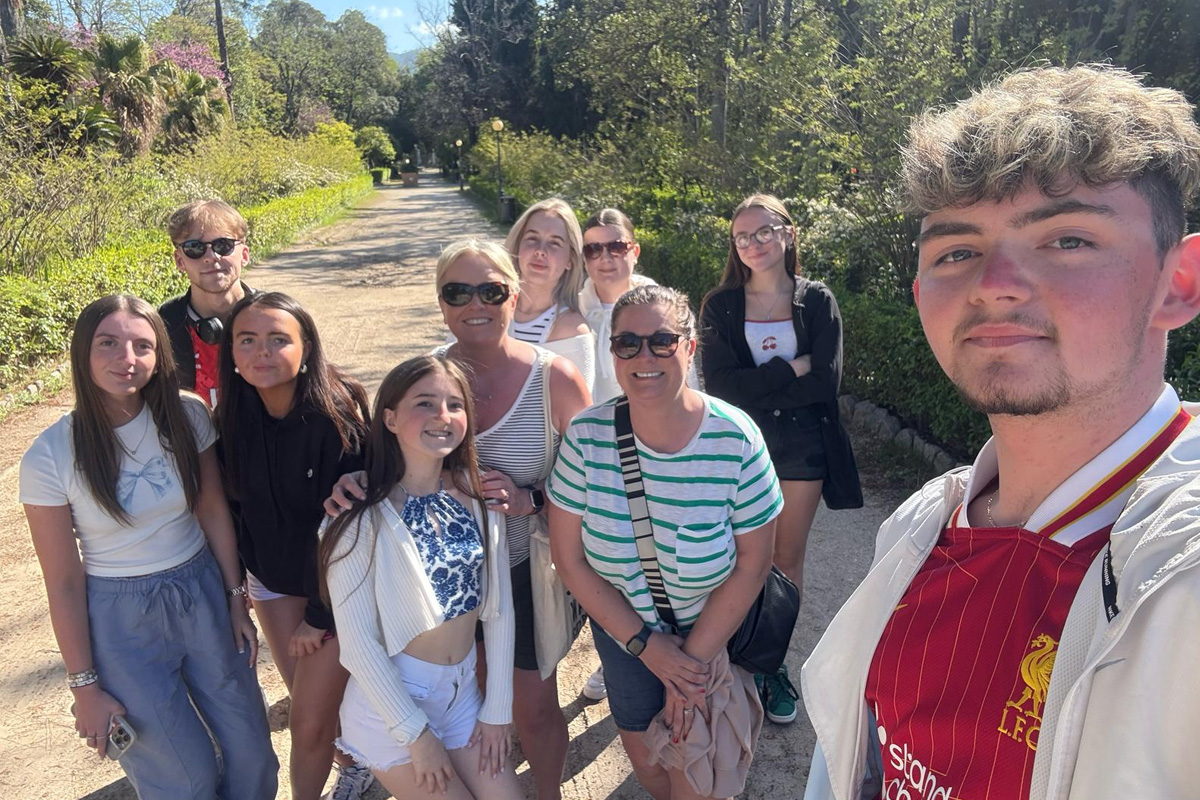How can Universities Create Lasting Links for the Community to Benefit Students

University admissions have never been so competitive, in order to stand out and create a lasting impact, universities must consider how they can champion and partner with their local communities to create lasting engagement.
Home from home
While many students travel for university across the country or internationally, some do opt for a local institution to enable them to stay closer to home. For those students, the opportunity to be closer to home can have a real impact on if they stay in further education beyond their degree level and what career opportunities are available to them.
For some careers, a move away from the local area will be inevitable. But, for those industries that thrive around university towns, there’s a real benefit to creating lasting partnerships within the community to offer graduates workplace training during and post their degree.
The benefit of this is twofold. The students gain employment close to home and the local community continues to thrive with a new generation choosing to reside in the town or city, rather than moving away.
Businesses also save on considerable relocation budgets for future employees and can work with the university to share what they’re looking for and what skills their future employees should be honing both in the lecture room and in their own personal time.
Skills
Leading on from this, universities can look to create skills labs which help students to learn the relevant skills needed to work with local partner businesses. This can be with the local business coming in to deliver training themselves, or the university actively reaching out to alumni who may already be working there. This forges strong partnerships within the local community and also makes the university attractive to prospective students. For students, knowing there’s a strong potential that they could leave after university and potentially walk into a job with a leading local firm reassures students.
Local businesses also can save huge amounts of time on initial on-the-job training knowing that this has already been undertaken within the university setting.
Marketing
While universities will be aware of the major players in their area, the newer, up and coming businesses may not yet be on their radar. Universities can stay ahead of the curve by optimising their marketing to reach out to new businesses in the local area to see if they might be looking for graduates, what roles they’ll be looking to recruit for and when these roles might arise.
Data can be key here. By having an up-to-date list of new businesses of a certain size or over which universities can target to introduce the courses and graduates to, they can continue to grow their talent pool. This is also reassuring to students knowing that there are new and exciting opportunities with growing local firms, not just heritage firms.
Inviting new local businesses to join open days and evenings or student-focus days allows for new connections to be made. By integrating existing university partners into this, businesses can also benefit from their own networking growing their reputation with established businesses.
This further enhances the feeling of community, creates lasting relationships between the university, students, new and old businesses, and further excels the university’s reputation as one that is actively trying to ensure its students gain employment once they graduate.
To summarise, local partnerships are key and instrumental for university growth. By nurturing alumni, new and existing businesses and marketing these opportunities to existing and potential students, universities can become a thriving hub for future employment.
By Adam Herbert CEO Go Live Data











Responses